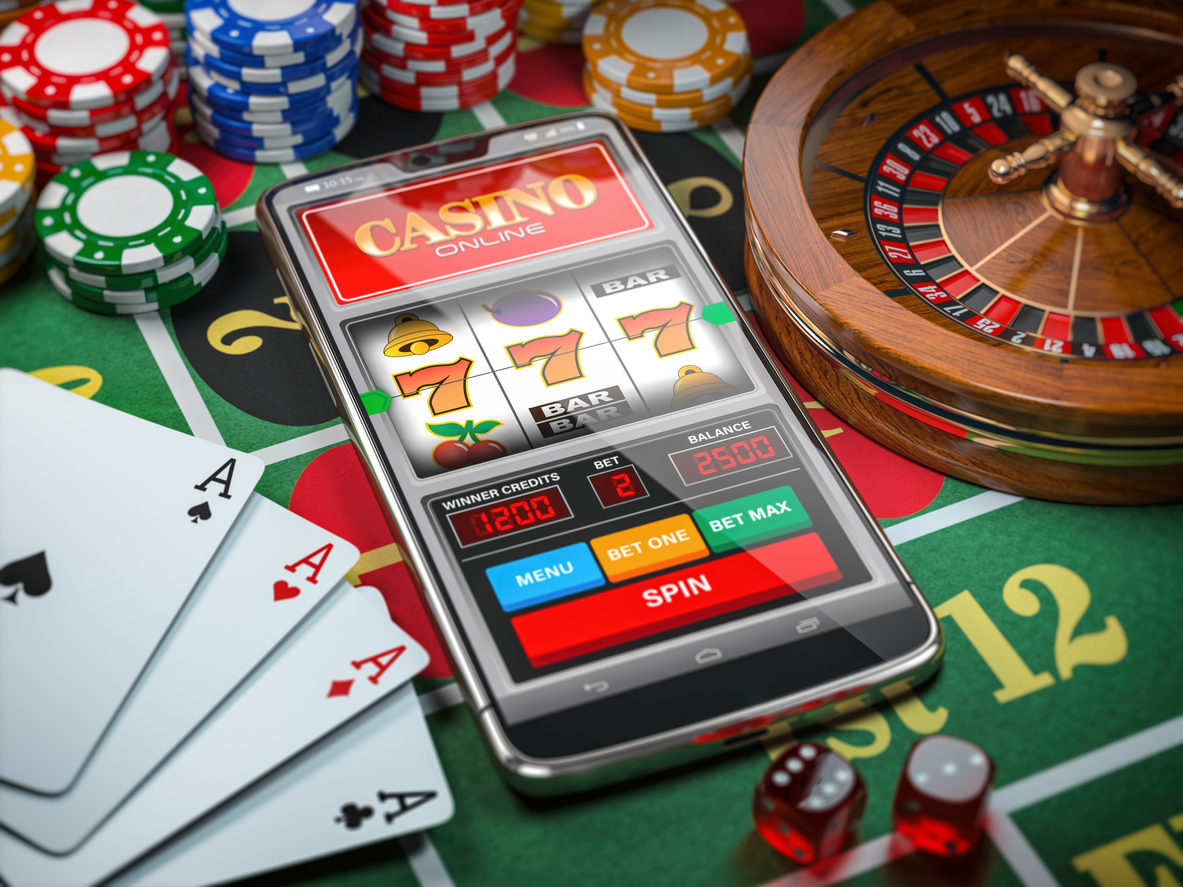
Casino games have fascinated enthusiasts for centuries, pulling them into a realm of thrill, chance, and fortune. From the blinking lights of gambling machines to the strategic action of poker tables, these games offer a unique mixture of fun and risk. However, underneath the facade of this glamour and glamour lies a intricate relationship of math that determines every result and choice made within the gambling establishment.
Grasping this link between casino games and mathematics merely boosts the playing experience but also can help gamblers make wise selections. Whether you are a casual player or a passionate follower, recognizing the numerical strategies at play can provide valuable understandings into likelihood, probabilities, and strategies, ultimately shaping how one deals with these games of luck.
Arithmetic Likelihood in Gambling
In the world of gambling games, mathematical probability plays a crucial role in assessing results and guiding gambler decisions. NHÀ CÁI MM88 Every game has a unique set of regulations and a particular probability model that shapes its dynamics. For instance, in activities like the roulette wheel, players must understand the probabilities of landing a particular digit or color. The likelihood of specific occurrences happening can be assessed, and this understanding can greatly influence wagering strategies. NHÀ CÁI MM88
Players also need to be informed of the house edge, which is the mathematical benefit that gambling establishments hold over players in the long term. This advantage varies across various activities. In blackjack, skilled players can use tactics to lower the house advantage to as little as 1 %, while in games like slots, the casino advantage can be much higher. Comprehending the casino advantage allows gamblers to make wise decisions about which games to play and how much to bet.
Furthermore, likelihood is fundamental in the principle of danger versus reward in betting. Every wager carries a certain danger level, and gamblers must consider the potential return against that risk. Activities like the poker game require players to not only assess the chances of their personal showing winning but also to assess the probabilities of their opponents’ hands. By utilizing mathematical concepts to their strategy, players can enhance their chances of winning and engage more strategically in the thrilling realm of gambling activities.
Anticipated Worth in Gambling Games
When discussing casino games, one of the fundamental concepts rooted in mathematics is the anticipated worth. This statistical metric assists gamblers grasp the potential outcomes of their bets over time. In simple terms, expected value (EV) determines the average amount a gambler can anticipate to gain or lose per bet if they were to play the game repeatedly. Each activity has its own EV, affected by the probabilities and the house edge, which indicates the advantage that the casino holds.
For instance, think of a game like roulette. The expected value can be calculated based on the specific bet placed. If a gambler bets on a individual number, the payout is 35 to 1, but the true chances of success that wager are 1 in 37 (in European roulette). This leads in a detrimental expected worth, indicating that, on average, players will incur a loss money over time when playing this kind of bet. Understanding this concept allows gamblers to make more informed decisions about which games and wagers may be less advantageous.
Moreover, the exploration of anticipated value can lead to improved money management. Players who comprehend the math behind their activities are often able to set practical goals. By recognizing their potential deficits and profits, they can modify their playing strategies appropriately, which may enhance their total gambling experience. As a result, expected worth serves as a crucial resource for both novice and seasoned players to navigate the often volatile nature of gambling activities.
Approaches and Odds: The Mathematics Behind Winning
In gaming establishments, understanding the chances is crucial for participants seeking to maximize their opportunities of success. Each activity has its own distinct set of chances that dictate winning results, and these figures are often found in the game’s rules or payout tables. For case, in games like 21, participants can boost their odds through tactics such as card counting, which relies on math principles to gain an upper hand over the establishment. By acquainting themselves with the probabilities, players can make more educated determinations on when to place bets and when to quit.
Additionally, the idea of expected outcome plays a significant role in gambling strategies. Average outcome calculates the typical outcome of a wager over a period, allowing participants to evaluate whether a specific stake is valuable taking. For example, fruit machines have a set payback percentage, which can show the average payout a player can look for on their bets. By choosing games with better average outcomes, players can minimize the house advantage, enhancing their possible rewards in the over time.
In conclusion, successful participants often employ a blend of luck and calculative tactics to enhance their gaming experience. While luck is uncontrollable, managing a betting strategy based on math insights can lead to more favorable outcomes. By making use of techniques such as budgeting and game selection, gamblers can apply math to maneuver through the random nature of casino games, making the most of their efforts and resources at the gaming tables.
